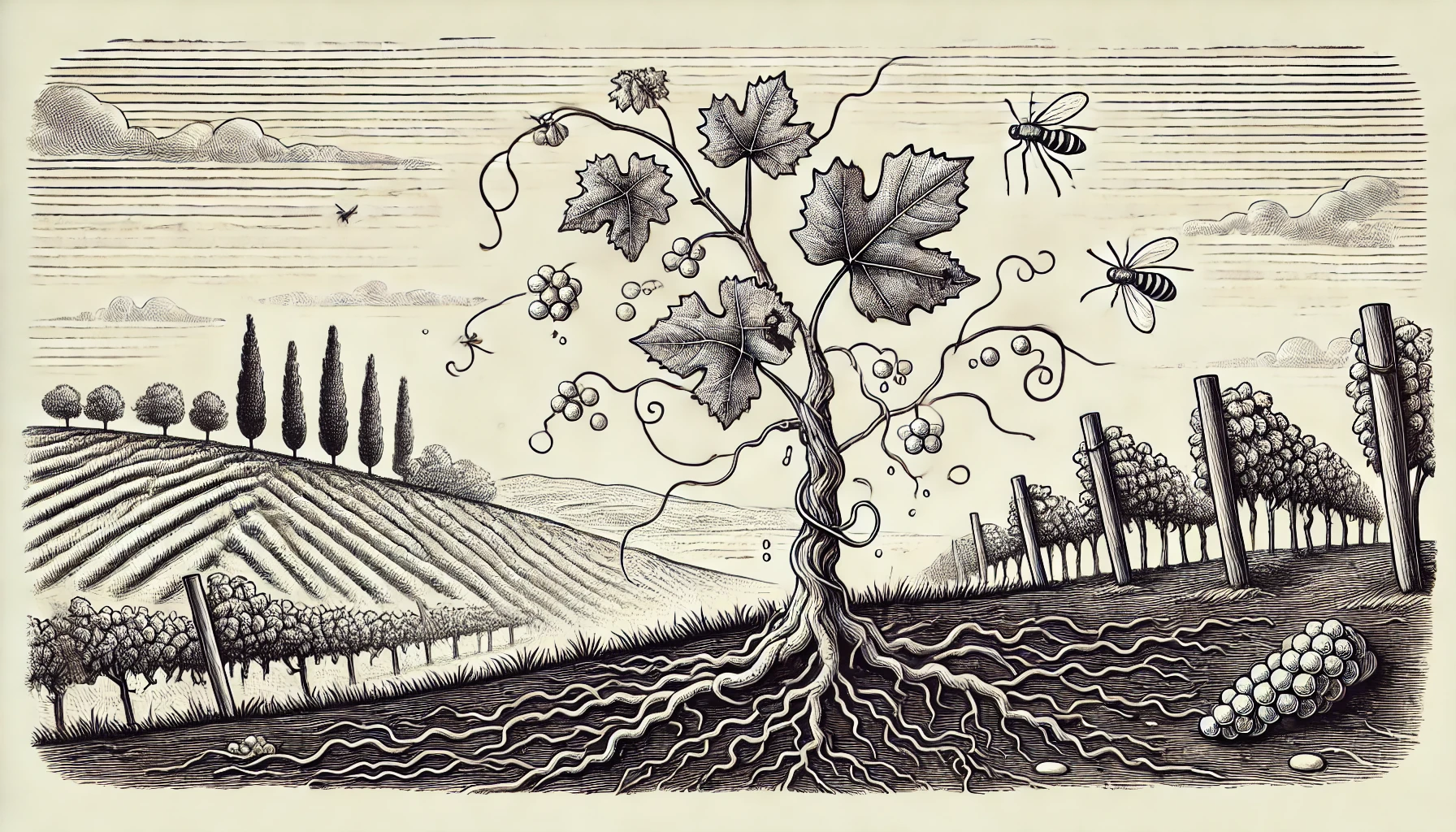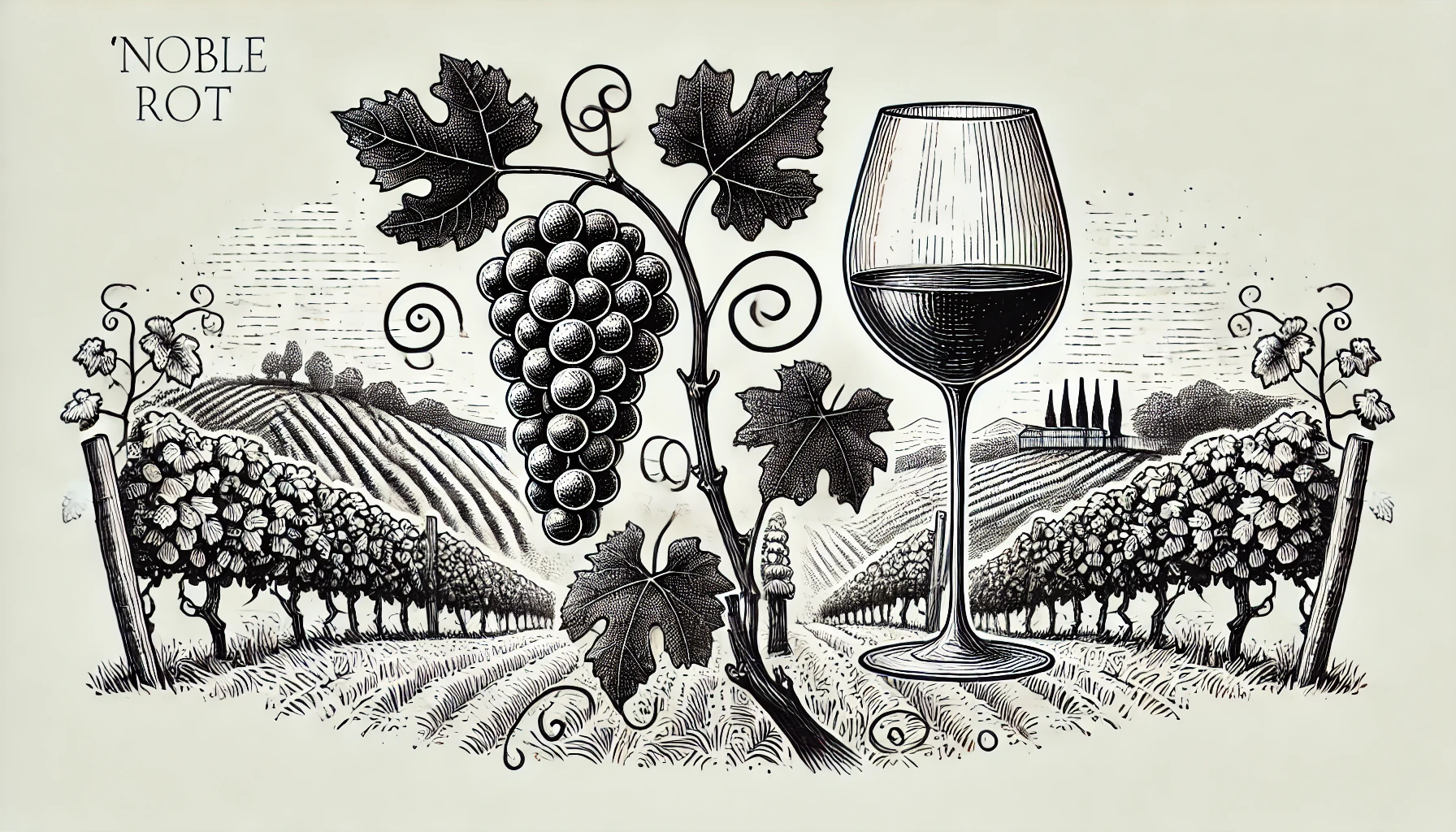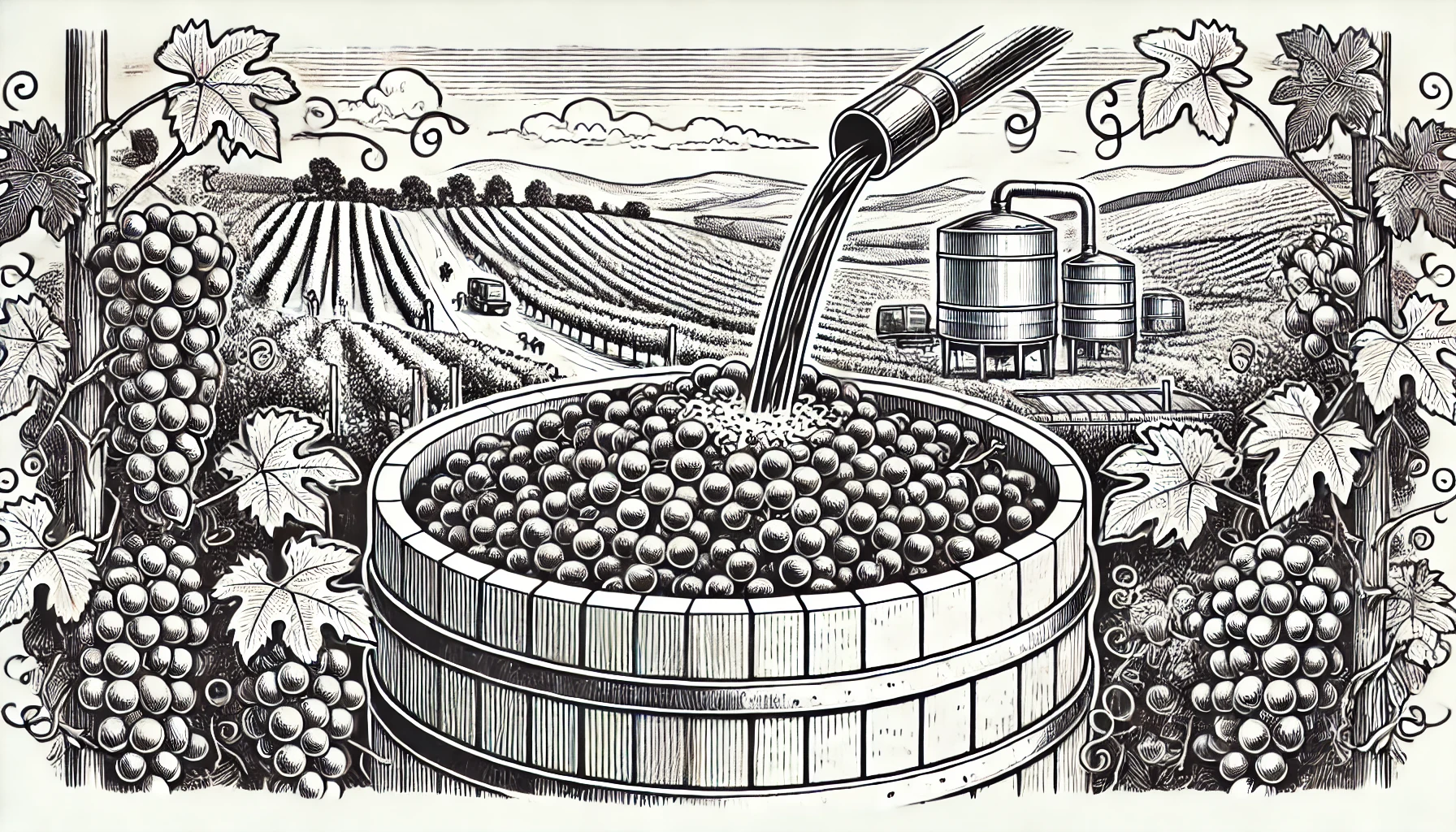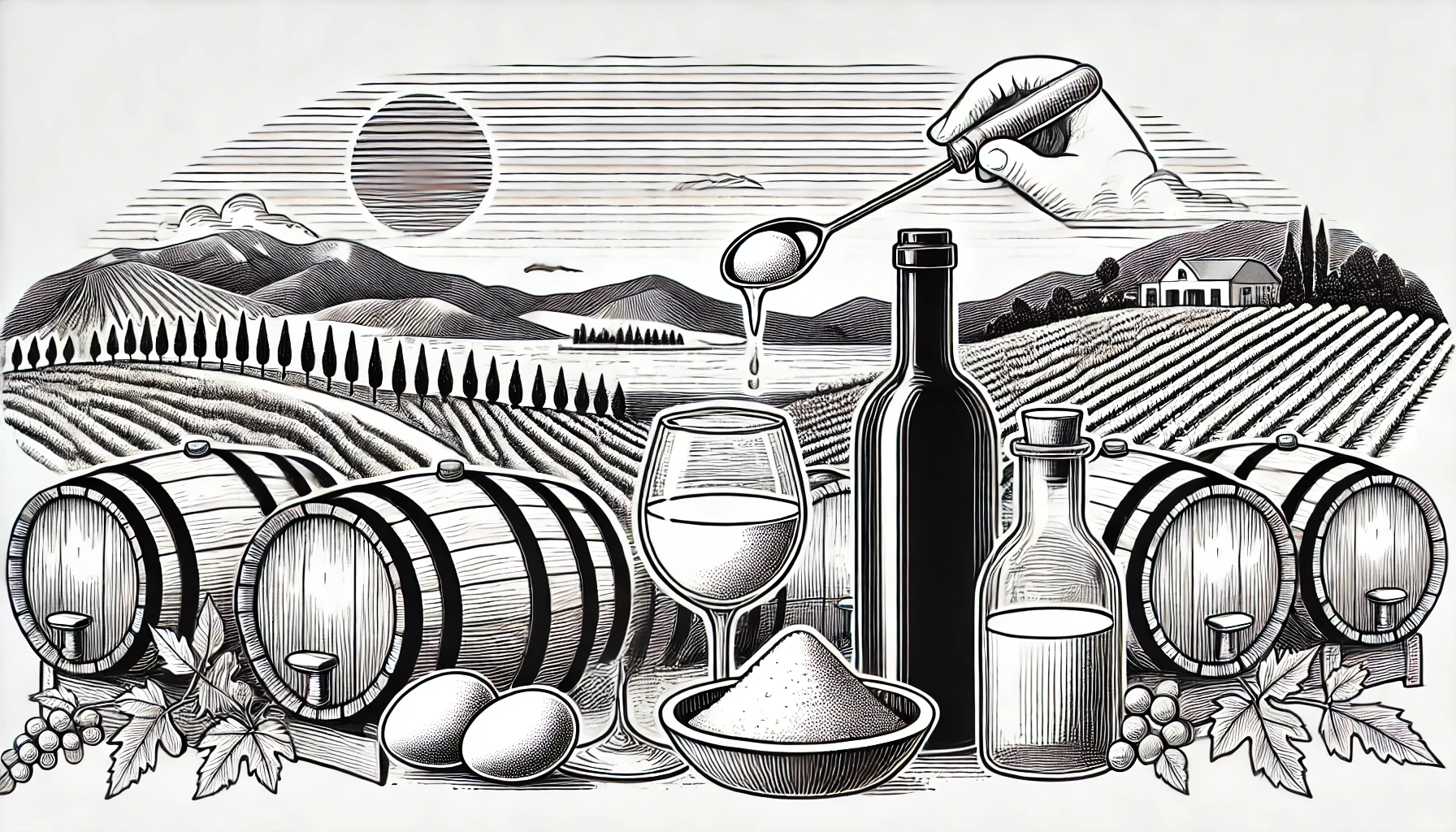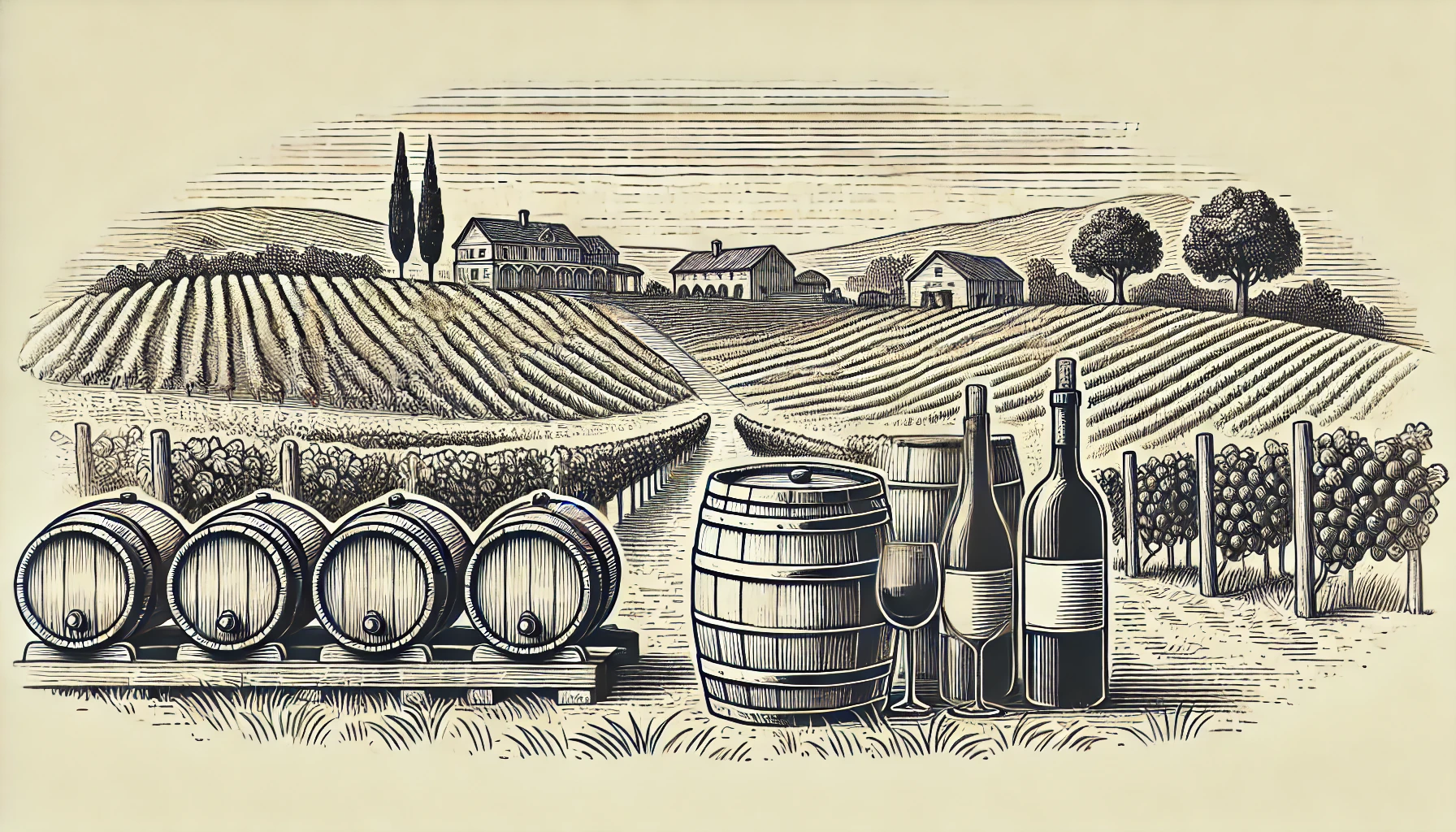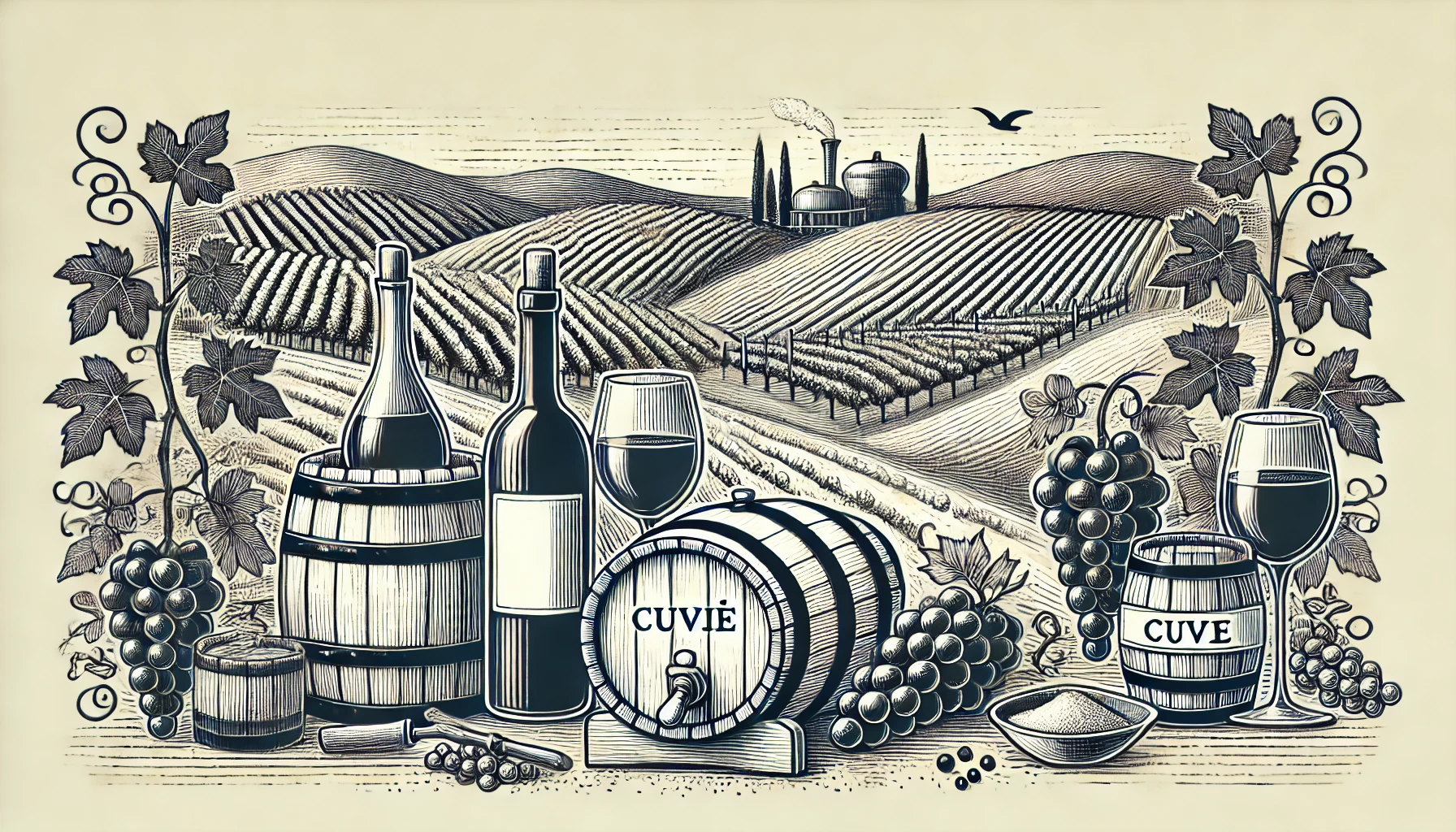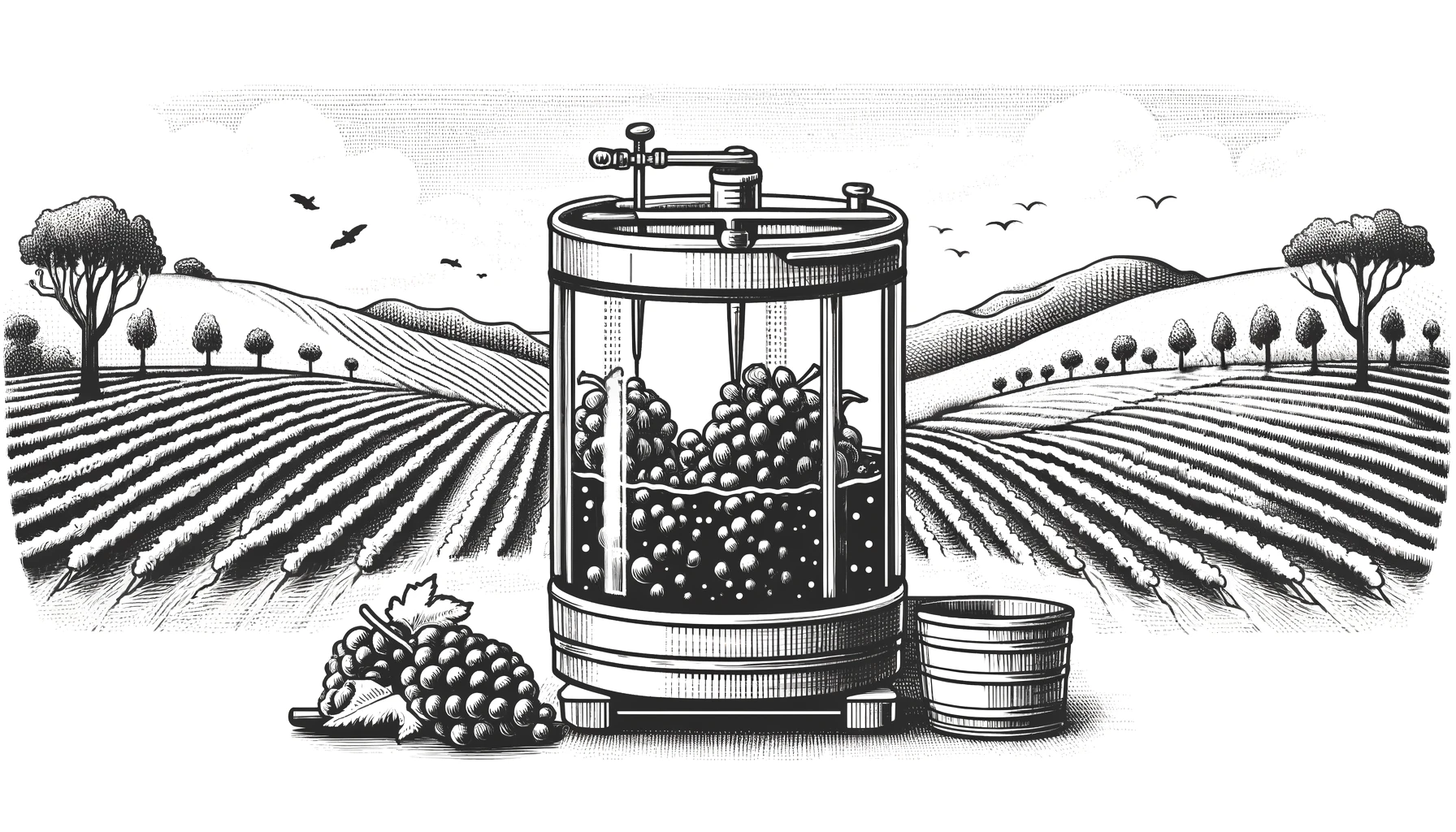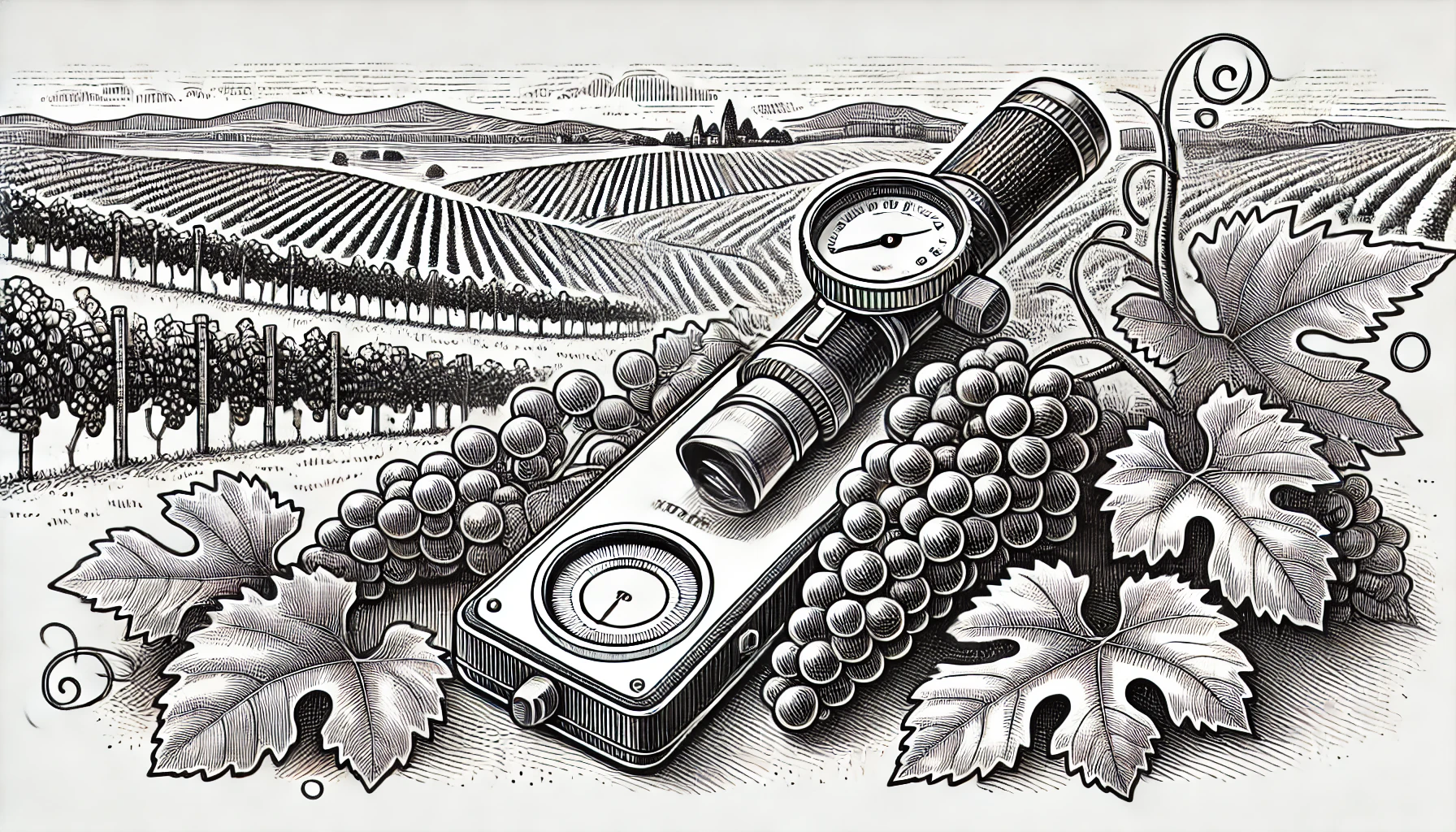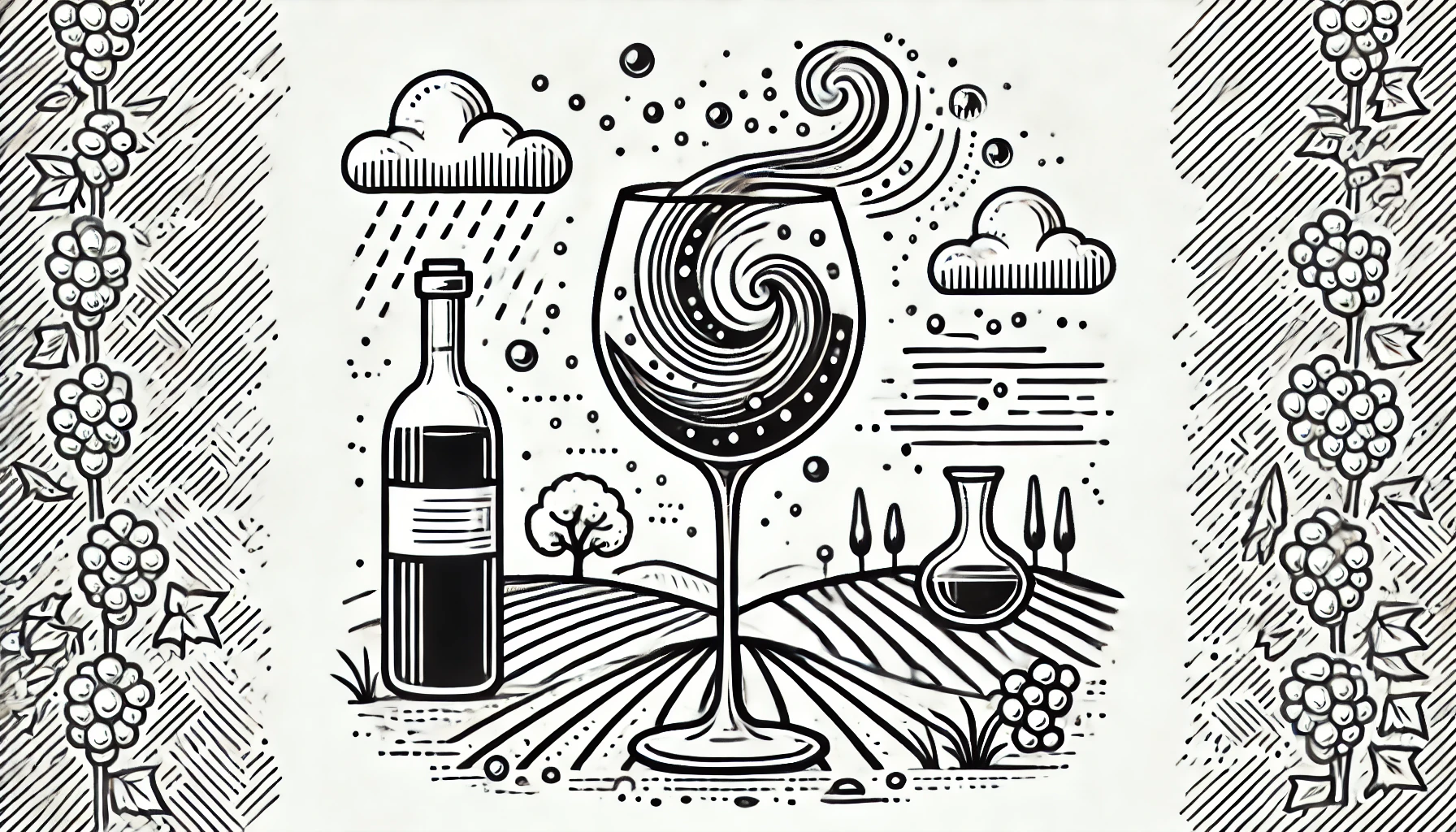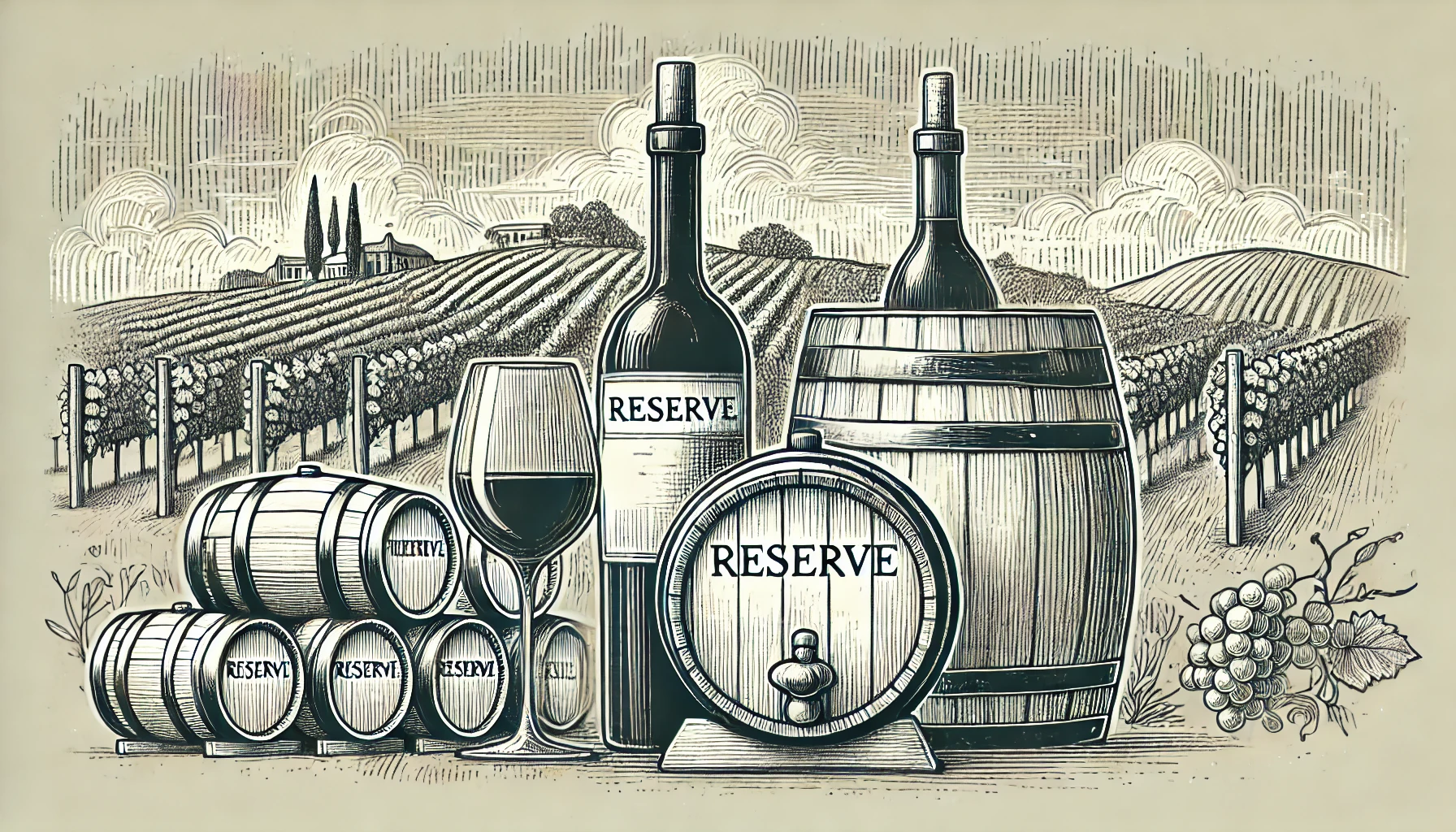
The term “Reserve” is often used in the wine world to indicate a wine of higher quality or one that has been aged longer than standard wines. While the exact meaning of “Reserve” can vary depending on the country and producer, it generally signifies that the wine is a special selection, made from the best grapes or batches, and has been given extra care and attention during production.
In many Old World wine regions, such as Spain and Italy, the term “Reserve” (or “Reserva”) has legal requirements. For example, in Spain, a “Reserva” red wine must be aged for at least three years, with at least one year in oak barrels. Similarly, in Italy, a “Riserva” wine must meet specific aging and quality criteria, depending on the region and the type of wine.
“Reserve” Wine from The New World
In the New World, particularly in countries like the United States, Australia, and Chile, the term “Reserve” is less regulated and may simply indicate that the wine is of higher quality or a special blend chosen by the winemaker. This means, the term is more of a marketing label than a legal designation, and it’s up to the winery to decide what makes a wine “Reserve.”
In general, Reserve wines are often more complex and age-worthy than standard wines, with deeper flavors, richer textures, and a greater capacity for cellaring. They are typically made from grapes harvested in exceptional vintages or from older vines that produce lower yields but more concentrated fruit. Reserve wines also often undergo longer aging, both in barrel and bottle, to allow the flavors to develop and mature.
Overall, while the meaning of “Reserve” can vary, it is generally an indication that the wine is of higher quality and has been crafted with extra care and attention to detail.
Neugierig auf weitere Weintermini und spannende Einblicke? Besuchen Sie unseren Wine Wiki Bereich und entdecken Sie grundlegende Weinbegriffe sowie Expertentipps!
